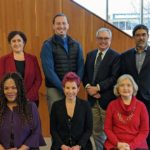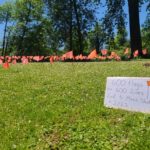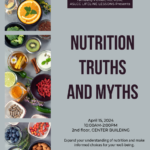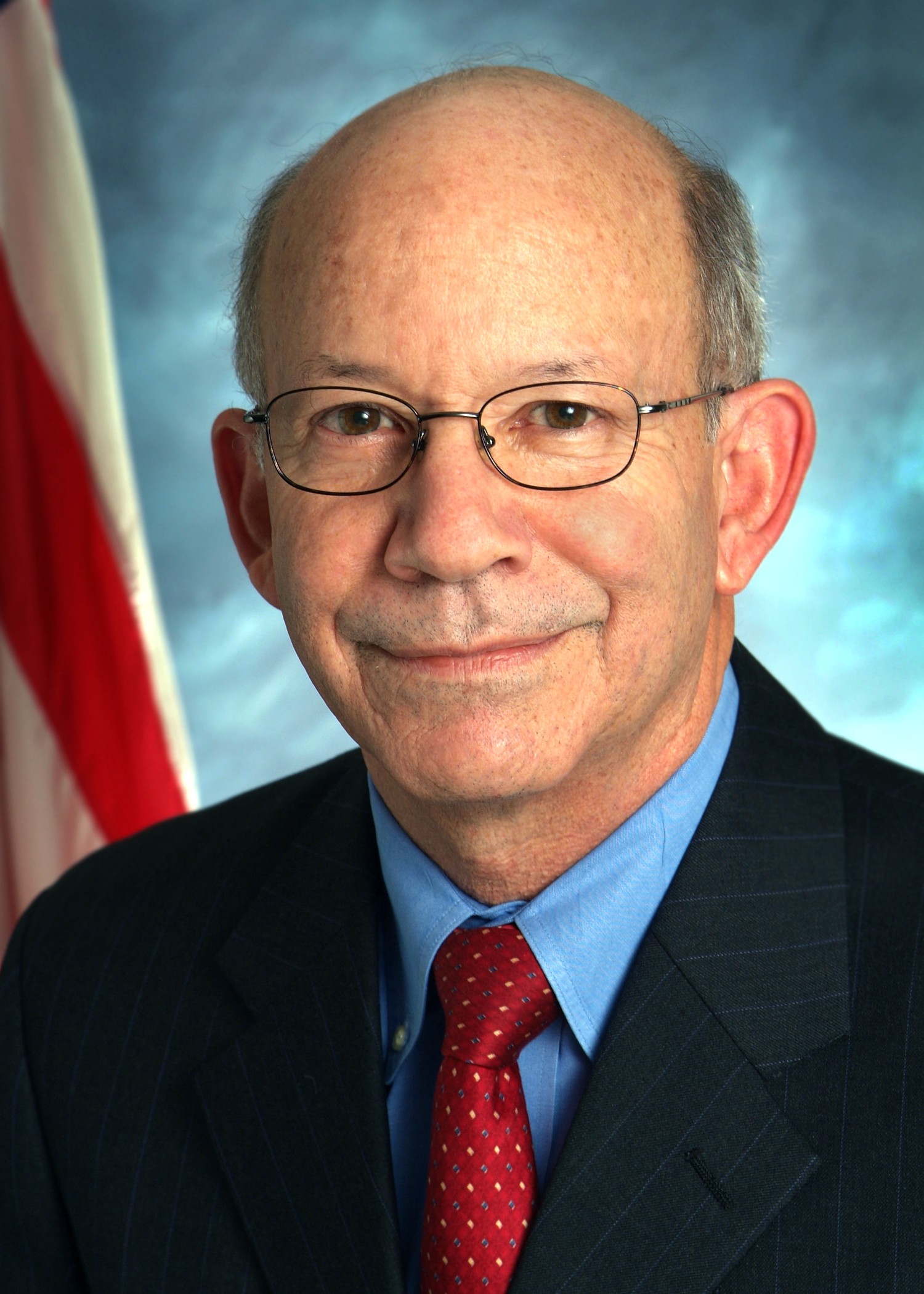
After 36 years in congress, Representative Peter DeFazio is retiring. DeFazio represents the 4th District of Oregon which includes Benton, Coos, Curry, Douglas, Josephine, Linn, and Lane Counties. He is the Chair of the House Committee on Transportation and Infrastructure and the co-founder and chair of the largest bipartisan caucus in the congress, the Small Brewers Caucus. DeFazio was previously the Ranking Member of the House Natural Resources Committee and has worked towards expansion of rivers, the Oregon Caves, and protection of federal lands. The Torch sat down with him to reflect on his almost 4 decades of service. He spoke about scholarships, transportation bills, roll out of 5G, who he is endorsing to take his seat, and his retirement plans. He also answered a question about long term effects of the pandemic asked by our Instagram followers. View the full interview on our YouTube channel.
One of your listed accomplishments was returning Congressional pay raises to fund scholarships at five community colleges. Was LCC one of the recipients and can you walk me through how you achieved that?
Yes, Lane was definitely one of the recipients. When I was Lane County Commissioner, the county was in economic collapse. And you know the Commissioners voted themselves a pay raise and I said I wouldn’t take it and turned it back because they were laying off people who were only working four days a week, etc, and I just sort of started there. I get to Congress. And same thing we were running these huge deficits and I’m concerned about passing on a big burden of debt to future generations. And again Congress voted for a substantial pay raise and I said, well, I wasn’t taking it until we balanced the budget. Then I started giving it to a fund to reduce the national debt, but after a while I thought, this is futile, so I decided instead that it would be much more productive to give it as scholarships at the community colleges in my district. At that point we were seeing a lot of layoffs in the timber industry and it was for dislocated workers originally. It’s maintained now but it doesn’t specifically focus on dislocated workers anymore. I do two scholarships at each college which pretty much pays the tuition. It’s close to 300 scholarships at this point and it’s been one of the most gratifying things. One quick story, I ran into a guy who had gotten my scholarship. He had been working at the mill in Coquille, and didn’t even have a high school degree. And in those days, you could make a good living. Raise a family, you know, had a boat, a nice house, the whole thing. The third time he got laid off though, he said I gotta do something different. He decided to go back to school, but first he had to get a GED. This guy then within three and a half or four years, not only got a GED but he also got a Masters Degree. He became the superintendent of schools in Powers, then he moved to Ontario, Oregon and now he’s superintendent of schools in West Portland. I’ve run into numerous people or they’ve written to me to tell me how it made a big difference in their lives, so it’s one of the most gratifying things.
How have federal transportation bills affected LCC students?
Incorporated as part of the bill is gonna be a lot of workforce training, you know the building and construction. Infrastructure now is not a bunch of people out there with picks and shovels anymore, the equipment’s becoming very sophisticated generally. It’s computerized and a whole different set of skills is necessary. These are all good paying jobs because they’re covered by federal law through the Davis-Bacon Act and the community colleges are a key place to train people to get into these trades. That’s one impact of the Infrastructure Investments and Jobs Act. There’s a lot more in Build Back Better but at this point, the future of that is pretty uncertain.
The Bipartisan Infrastructure bill is the largest, most ambitious infrastructure bill to be passed since the creation of the federal highway system. What role did you play in its passing and how is it going to be implemented in Lane County?
Well, I wrote a different bill called the Invest Act and passed it in the House twice and it went through a real legislative process. I set a very high number for transportation and a very ambitious goal of moving away from fossil fuel dependence. It took one markup and my committee took 20 hours overnight because Republicans were so angry about it. They say climate change doesn’t belong in a transportation bill, and of course it does; it’s our largest single source of fossil fuel pollution. And so I passed that the last Congress obviously went nowhere with Trump in the White House and then I passed it in this Congress, but the Senate couldn’t even move. I had to deal with three committees over there, they couldn’t even move their sections of the bill out of committee so ultimately the President had to engage because the stupid rules in the Senate and the filibuster and all that. I think I drove the number high, but a lot of my best provisions and strongest provisions on climate change weren’t enacted into that bill. They were mostly all opposed to the concept of dealing with climate. I’m working with the administration, because there’s 100 billion dollars in discretionary money and other money in that bill to try and recapture some of the principles that are in my bill, like fix it first. Before you build more highway capacity, first fix what you have, including our bridges. Secondly, look at alternatives, could you do something else? Like a project in Virginia, where they decided instead of expanding the road that became very famous in a snowstorm two months ago, with another one lane each way they figured out by the time they finished it would be just as congested. So they decided on a rail project instead and I was going to make states look at that. The administration is trying to implement those things with what’s called guidance and the way they’ll score grants, in fact, I was treated to being trashed by the Wall Street Journal on this very subject recently because they thought it was unconscionable that we should be doing fix it first or dealing with climate.
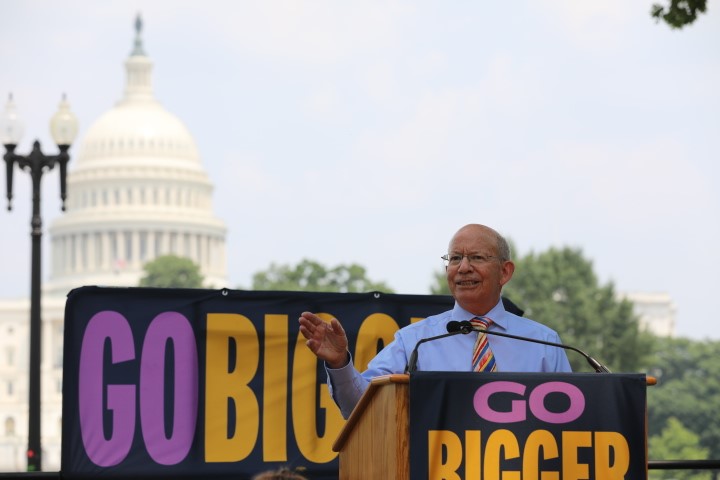
As the chair of the House Transportation and Infrastructure Committee can you share what the transition was like between Elaine Chao and Pete Buttigieg?
I have no idea what Elaine Chao did. So it’s night and day. I mean, I know some of the things she didn’t do. There was an environmental impact statement sitting on her desk for two and a half years to do the new tunnels under the Hudson. If one of those tunnels goes we’re going to see massive road jams in the northeast corridor and tremendous economic impact nationally. She just sat on that under orders from Trump or Trump’s higher up minions. She was just filling up space, I mean she’s Mitch McConnell’s wife and, therefore, she was rewarded with that job and Mitch McConnell did very well with discretionary grants out of DOT (Department of Transportation). So now we’ve got Pete Buttigieg and he’s smart. He was a city mayor, you talked earlier about bike safety and he did complete streets in his town that didn’t cause a controversy. In fact people liked the product. He’s familiar with, at a very small level, infrastructure issues and when we first met when he was named Secretary, he said “Look I’m going to learn a lot”, and he has. He’s a very smart guy, he’s learned a lot, and he is also a very politically astute guy. We were having a huge fight over Christmas. The telecom industry wanted to turn on 5G, and they had withheld all the data. The airline industry, the manufacturers said, we think that it’s going to affect avionics, to the point where we’re not going to be able to fly planes in limited visibility. Which would mean that basically half the traffic, or more than half of the US would be grounded. I had to call the White House Chief of Staff because they had the economic advisor negotiating with the telecoms. I said it’s not happening, you need to put more juice into this and he put Secretary Buttigieg in charge. He got a six month agreement out of telecom. What we’re going to do long term I still don’t know and that’s a work in progress, but he facilitated that. So if Elaine Chao had still been Secretary we wouldn’t have had anybody to facilitate that.
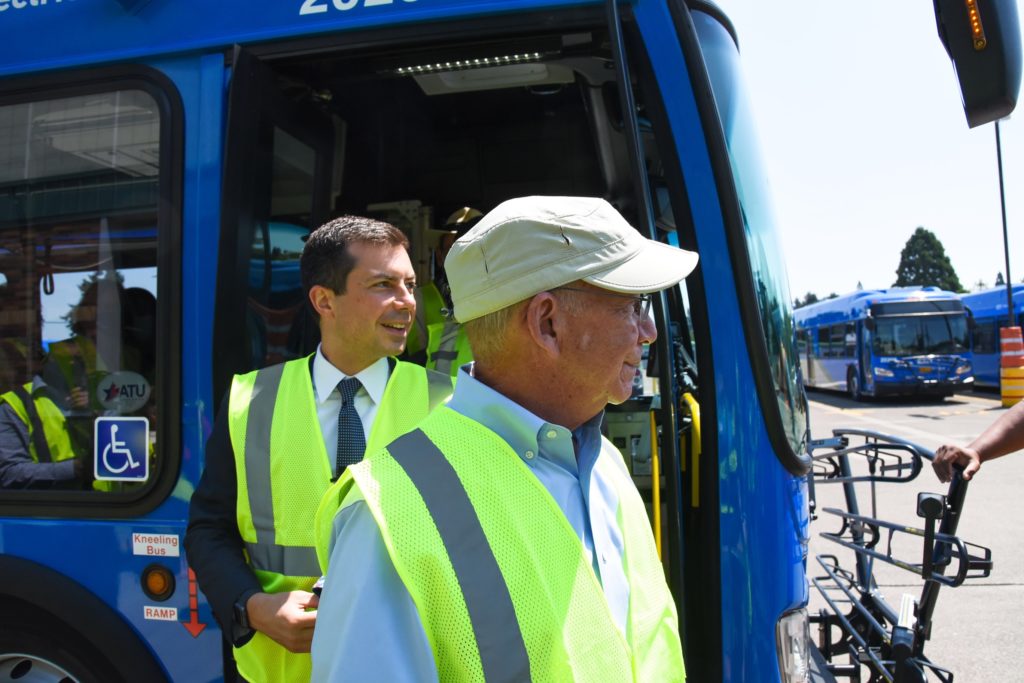
Are you endorsing anyone to replace your seat?
Yeah I’m strongly endorsing Val Hoyle, she’s our Labor Secretary. I’ve seen some loose talk by a couple of the candidates saying “oh any democrat could get elected to this seat it’s so good now.” Well when I ran last time it was a two point Republican seat. I would say now it’s maybe a four or five point Democratic seat. That’s not a slam dunk. Right now Democrats are underwater nationally in polls. Biden’s numbers are really low. Republicans are now targeting districts that are 10 and 12 point Democratic and the fourth district is far below that standard. Val ran a state race in my district in Bethel-Danebo and up toward Junction City which is sort of a microcosm of my district. It’s very purple, not blue and she won that seat. She was Majority Leader in the statehouse and did a lot of good things as Majority Leader. And then she got elected as Labor Commissioner. So she has experience with the district. She has name recognition, she’s a legislator, she’s a fighter. And she is by far and away the best and only legislatively politically experienced person in the race.
So you’re clearly an outdoorsman and you’re about to retire. How are you hoping to spend your retirement?
Well, I used to have a drift boat that died of dry rot. I might get a drift boat again, I liked having a drift boat. And I want to learn how to spey cast and I’m going to have more time to learn to do that. I want to spend some more time outdoors. I’ve always wanted to hear a wolf in the wild, if they don’t slaughter them all. I’m fighting the slaughter of the wolves, I’ve been an advocate for wolves forever. I’m trying to get the Secretary (of the Interior Deb Haaland) to reimpose the endangered species act protections. But there is a pack In the Wallowas, which is one of my favorite places to backpack. Someday I want to hear a wolf in the wild before I die. It’s becoming possible except now we’ve suddenly taken a very sharp bad turn, which I hope we soon can correct on wolves. So more time enjoying things I’ve saved or tried to save.
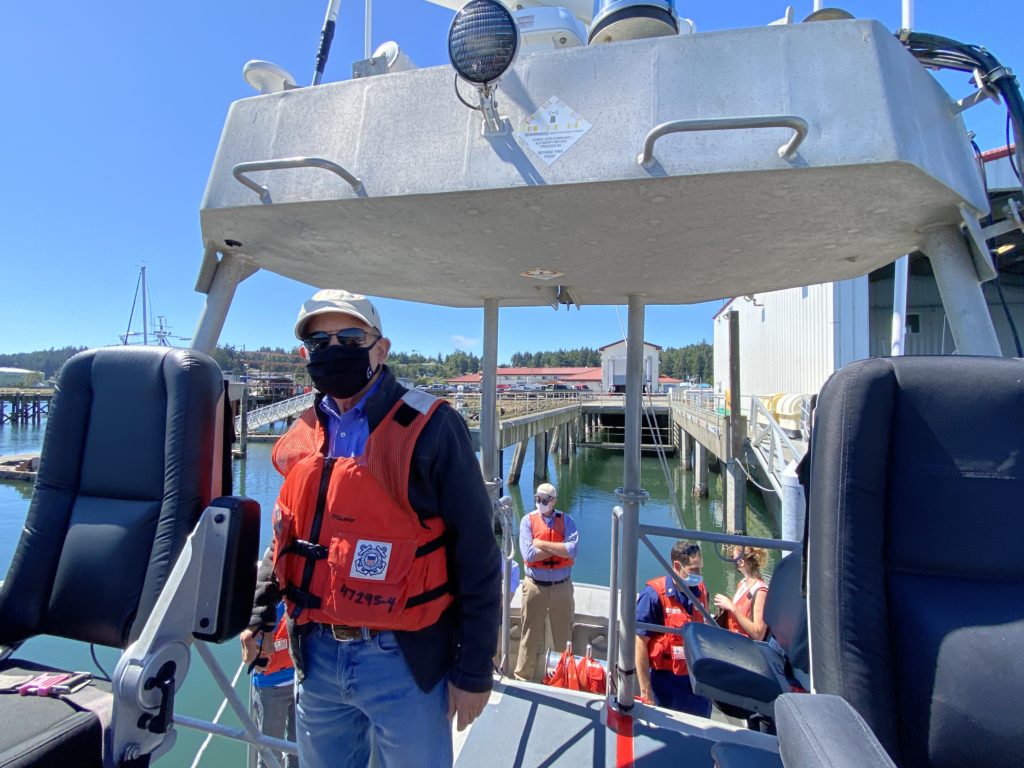
How do you think the pandemic is going to affect Oregon long term? (Thank you to our Instagram followers for this question)
Well, the pandemic has led to tremendous divisiveness and Oregon has not been immune to that. Because of the politicization of mandates, masks, and vaccines. That’s going to be hard to heal over time. It’s just created more polarization and a lot of the social fabric got torn. People were isolated; they didn’t see people, they just all got on social media. Social media has moved people into cults like the Qanon. And, has brought about a rise in radicalization of other groups in the country and Oregon unfortunately is again not immune to that. So there are going to be long term impacts and there have certainly been economic impacts. We lost a lot of small businesses, until the democrats finally passed a major package for small business relief. After we took over the House and the White House and the Senate. There are small businesses out there, they are still struggling but an awful lot of people lost their business. And it’s going to take a long time to heal. It has been very difficult.
Are you feeling hopeful that our Democratic institutions can stay afloat amidst unprecedented attacks on voting rights and democracy as a whole?
You know, we were very close to having a coup, they tried everything they could. I mean first they litigated, then they tried to intimidate election officials, then we found out about the proposed military takeover. So yes, we are at a very perilous time for the future of our democracy now they’ve turned to trying to repress voting rights in Georgia. This is a very difficult and perilous time.
To hear DeFazio’s full answer on the future of democracy and much more please check out the full interview.

